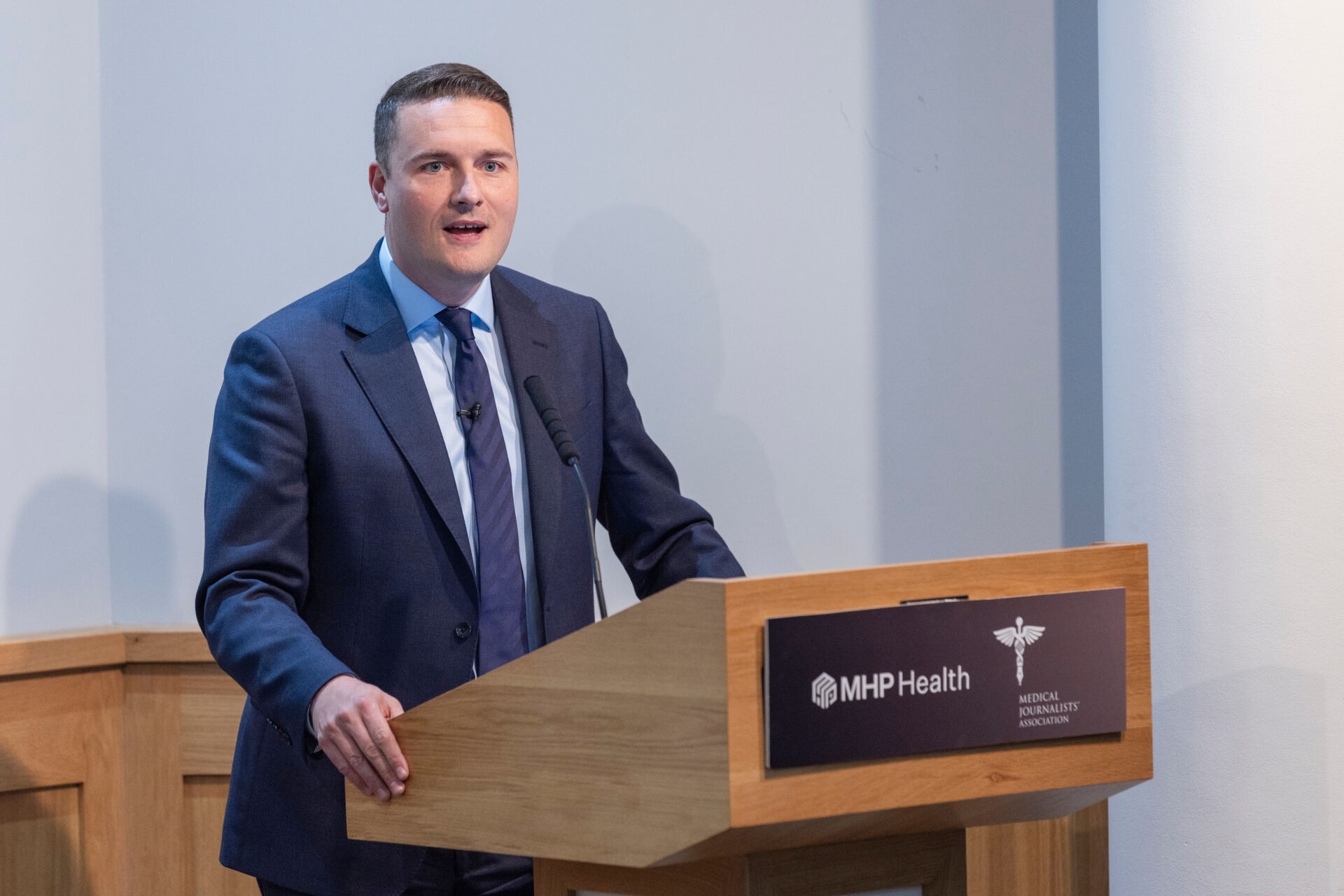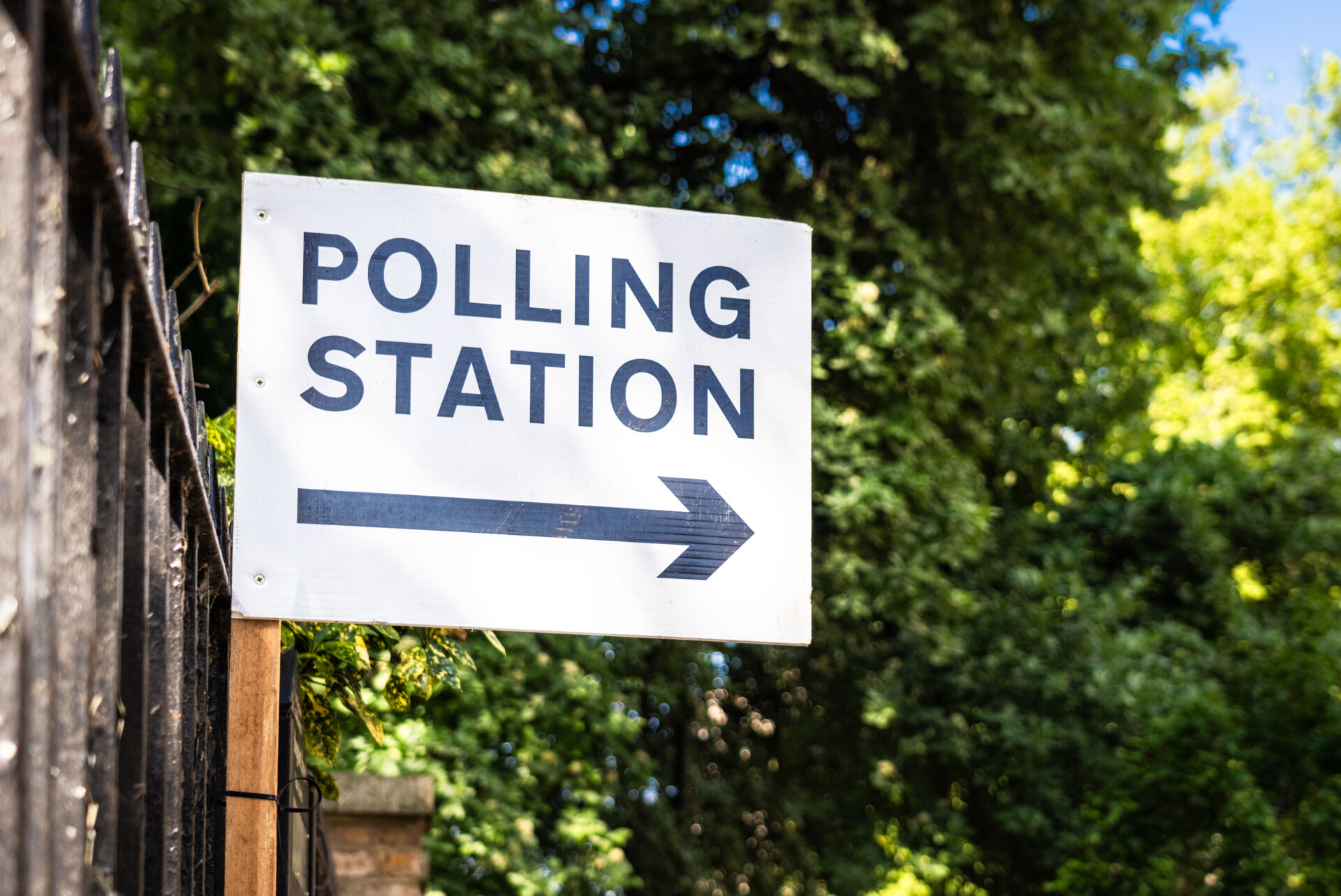The NHS needs an additional £38bn a year in funding in order to improve by the next parliament, think tank the Health Foundation has said.
Analysis by its Real Centre suggested that as the major political parties are all falling short of this figure in their election pledges, that there needs to be ‘honest’ conversations about the trade-offs facing the next government.
The analysis found that health and care funding in England would need to rise by 3.8% per year in real terms over the next ten years to meet rising care needs and deliver improvements. This would include higher annual growth of 4.5% in the first five years to help the NHS recover from Covid and invest in modernisation.
This percentage of funding growth would add up to £46bn to NHS funding by 2029/30. However, planned growth in public spending estimates suggest the health budget will increase by around £8bn, leaving a gap of £38bn. These estimates are based on the Office of Budget Responsibility’s economic forecasts.
The £46bn would be enough to tackle waiting times for care over a ten-year period, prioritise investment in prevention, primary care, mental health and community care, according to the Health Foundation.
But authors added there was a need to allocate a ‘significant chunk’ of the additional spending to capital investment as well as the public health grant and pay growth to ‘recover ground lost’ to earnings in the wider economy.
Anita Charlesworth, director of the Health Foundation’s REAL Centre, said: ‘The health service is in crisis and all the main political parties have said they want to fix it – yet the funding they have so far promised falls well short of the level needed to make improvements.
‘Politicians need to be honest with the public about the scale of the challenge the NHS faces and the reality that an NHS fit for the future needs long-term sustainable investment. Honesty about this has so far been conspicuously lacking from the general election debate, with both the main parties unwilling to spell out the difficult choices on public spending and taxation that will confront the next government.’
She added that the scenario they have set out was ‘not overly ambitious’ and is ‘broadly in line with the pledges set out’ by the main political parties. It also assumes the NHS can deliver challenging improvements in productivity, she said.
It comes as the Nuffield Trust has estimated how much the three largest political parties plan to spend on the NHS, with the Liberal Democrats’ pledges taking real terms annual increases of 1.5%, Conservatives 0.9% and Labour 1.1%.
It said these were estimates as the parties have not been fully transparent about their spending plans so far, not including details about baseline spending in their costings and manifestos.
Senior policy analyst at the Nuffield Trust, Sally Gainsbury, said that if any of these plans were to be put in place, the period between 2022/23 to 2028/29 ‘would see the tightest and most sustained NHS funding squeeze in recorded history’.
She added that ‘none of these pledges are plausible’.
‘Politicians – ever keen on the squaring of circles, particularly when it comes to polarised demands to both minimise taxation but improve public spending – will likely argue the £20–23bn gap this leaves with the workforce plan funding requirement can be filled with higher levels of productivity,’ she said.
‘With NHS productivity growth averaging around 1% a year in the decade-and-a-half before the pandemic, such magical thinking would require productivity to increase to three-to-four times that rate, over a sustained period, and result in cash savings, rather than being based on increasing the level and quality of care for patients – something which can also increase productivity, but not in a way that necessarily fills funding black holes.’
She said that whatever party takes over on 5 July will need to ‘set out more credible funding plans if they want the NHS to be able to retain its existing levels of service, let alone extend and improve it’.
Earlier this week, shadow health secretary Wes Streeting said the primary care budget ‘ought to increase’ and that primary care had ‘a lot to look forward to’ if Labour wins the general election.
All of the main political parties have now published their manifestos ahead of the general election next month.
The Conservatives have pledged to modernise primary care services, while Labour said it would trial neighbourhood health centres in their manifesto.
The Liberal Democrats said they would give patients a right to see a GP within seven days, whereas Reform has promised private healthcare vouchers if patients cannot see one within three. The Green party meanwhile has promised more funding for primary care.



